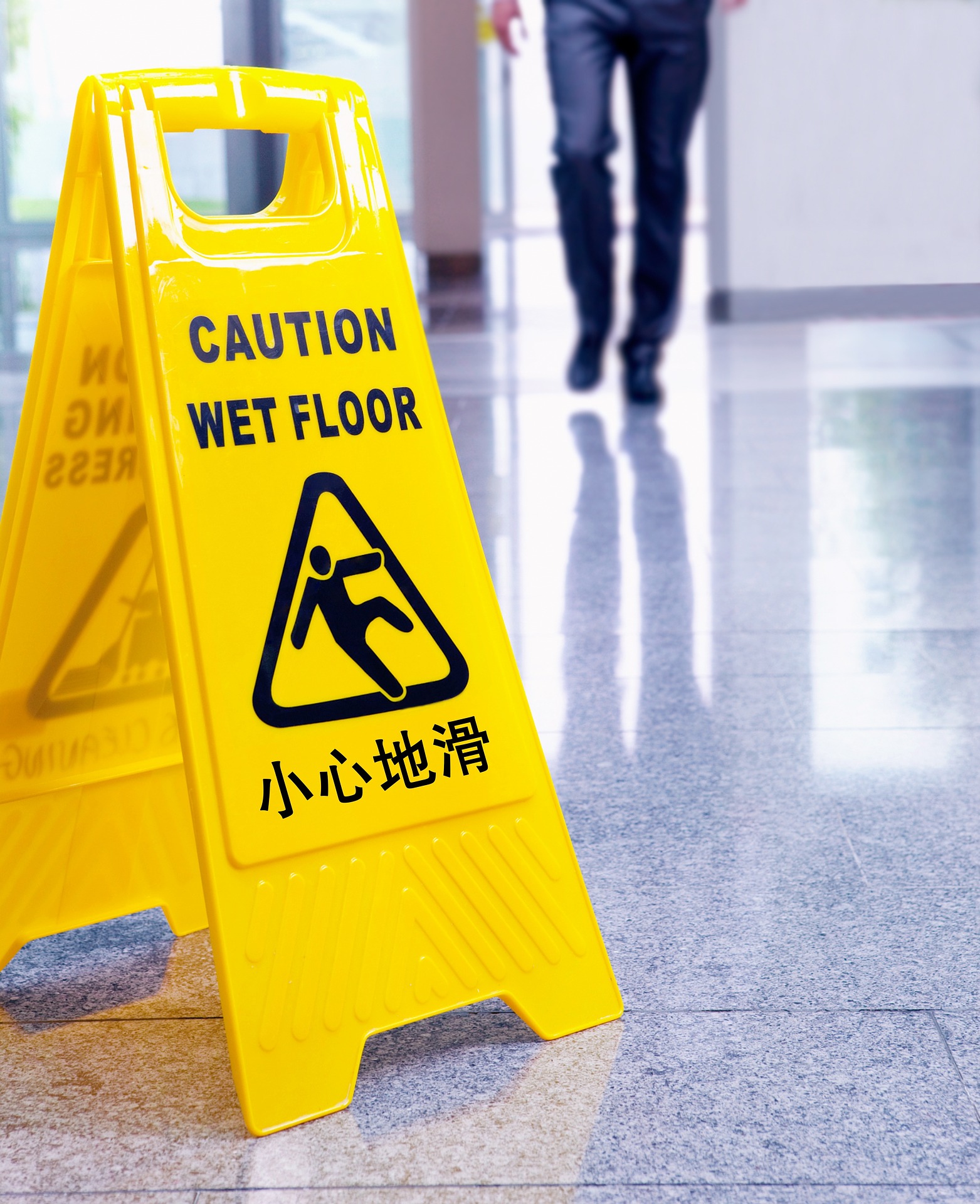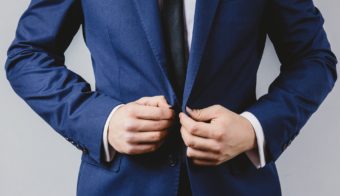Accidents can occur on other people’s premises, and when they do, they often cause injuries. You should be informed about your legal rights if someone else’s negligence or carelessness caused you to suffer a slip-and-fall personal injury.
Whether you bring a personal injury suit or seek an insurance payout, to successfully recover from your injuries, you must be able to prove responsibility. In most slip-and-fall incidents, the primary liability concerns are:
- Did the owner have a responsibility (duty) to make the premises safe
- If so, did they breach that duty, and in doing so made the premises unsafe
- Did their failure to make the premises safe cause your injuries
Liability Theories in Slip-and-Fall Cases
 The accident victim must normally prove the following to hold another party liable for injuries sustained in a slip-and-fall accident:
The accident victim must normally prove the following to hold another party liable for injuries sustained in a slip-and-fall accident:
- The premises owner (or their agent or an employee) could have or should have identified a potentially unsafe condition (such as an irregular walking surface or wet floor)
- The owner had enough time to correct the condition prior to the incident
- The unsafe situation that caused the slip-and-fall accident was actually caused by the premise’s owner or one of their employees. For instance, the owner, their agent, or an employee placed a dangerous obstruction in a walkway or spilled a liquid on the floor, and it was reasonably likely that someone trip or fall as a result of the hazard
Proving Liability & Negligence
Slip-and-fall cases often depend on the “reasonableness” of the defendant. Plaintiffs should weigh the following elements when determining if the defendant behaved reasonably by asking: Has the employee or property owner implemented a policy of regularly inspecting the premises for possible risks? If so, are there any records proving that they followed the protocol before the accident?
Could the dangerous situation have been rendered less hazardous by taking preventative actions such as barricading a dangerous area, putting up appropriate warning signs, or removing the dangerous condition?
Was there a rational explanation for the hazardous condition? For example, was the only alternative to the dangerous condition an even more dangerous condition?
Contact an Experienced Personal Injury Attorney
 If you or someone you love incurred medical bills, lost wages, and/or pain and suffering as a result of a slip and fall personal injury through no fault of your own, make sure you hire a seasoned legal professional.
If you or someone you love incurred medical bills, lost wages, and/or pain and suffering as a result of a slip and fall personal injury through no fault of your own, make sure you hire a seasoned legal professional.
The attorneys at Call & Gentry Law Group have the necessary expertise and resources to evaluate and resolve your case. Throughout the process, the Jefferson City, Missouri, Personal Injury Attorneys at Call & Gentry will be there for you.
